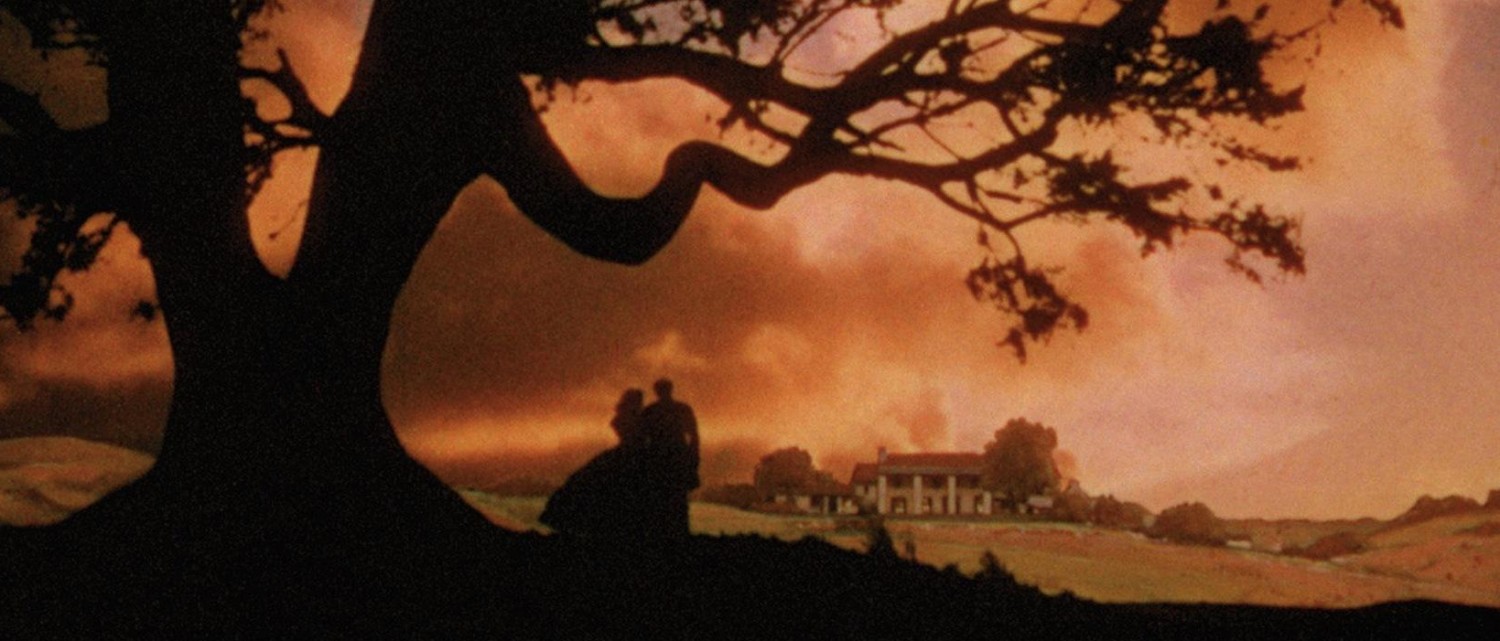Marcel Proust, in the second part of his Remembrance of Things Past—Within a Budding Grove—wrote,“But genius, and even great talent, springs less from seeds of intellect and social refinement superior to those of other people than from the faculty of transforming and transposing them. . . . To mount the skies it is not necessary to have the most powerful of motors, one must have a motor which, instead of continuing to run along the earth’s surface, intersecting with a vertical line the horizontal line which it began by following, is capable of converting its speed into lifting power. Similarly, the men who produce works of genius are not those who live in the most delicate atmosphere, whose conversation is the most brilliant or their culture the most extensive, but those who have had the power, ceasing suddenly to live only for themselves, to transform their personality into a sort of mirror, in such a way that their life, however mediocre it may be socially and even, in a sense, intellectually, is reflected by it, genius consisting in reflecting power and not in the intrinsic quality of the scene reflected.”
Certainly a wordy passage for one of the wordiest of novels. Yet, like practically every sentence in Proust’s masterpiece, these sentences paint a colorful and insightful picture into the human mind and condition. Genius is not brute force. Genius is the grace-like ability to expand, enlighten, and, like Proust said, transform. Genius lies in the application of talent, not so much the exposition of it.
If there is one way to describe the comedy of Gene Wilder, then, it is genius. Continue reading
